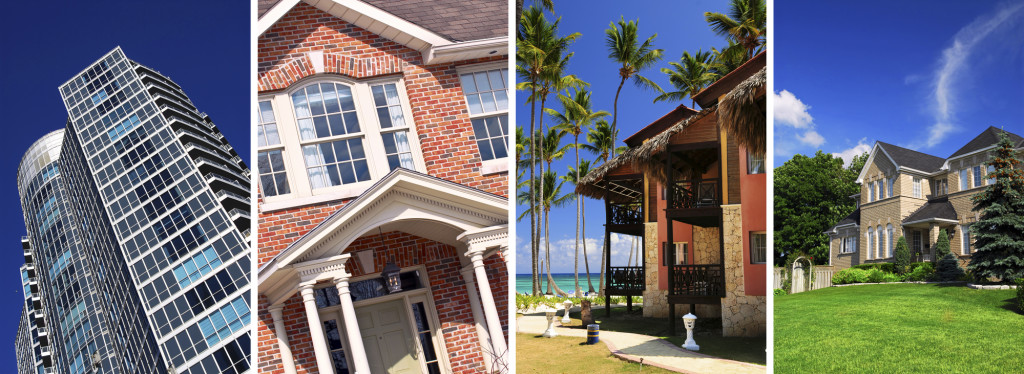 Timeshares offer a unique advantage to individuals and families that want guaranteed vacation accommodation. Several parties claim the right to use a timeshare at an allotted time of the year or even own a deed to a timeshare jointly. Vacation units typically offer a variety of nearby or on-site amenities such as pools, recreational areas, and social areas for guests, making timeshares very similar to a hotel. These vacation homes only became the center of ADA regulation in the early nineties when President Bush made significant changes in ADA laws that would address hotels and other types of vacation lodging.
Timeshares offer a unique advantage to individuals and families that want guaranteed vacation accommodation. Several parties claim the right to use a timeshare at an allotted time of the year or even own a deed to a timeshare jointly. Vacation units typically offer a variety of nearby or on-site amenities such as pools, recreational areas, and social areas for guests, making timeshares very similar to a hotel. These vacation homes only became the center of ADA regulation in the early nineties when President Bush made significant changes in ADA laws that would address hotels and other types of vacation lodging.
The area of contention in timeshare regulation was largely in its definition. While ADA regulations could easily extend to hotels which provided a service to the public, private timeshare investors typically own the deed for their property, making some timeshares residential in nature. In this case, an agreement with other property owners as to safe access for disabled individuals should be easily negotiable. Any party which does not agree for modification of a timeshare for better access is simply not one with which disabled individuals should share a deed.
However, not all timeshares are considered residential, and this is an important note. What seems to be a complicated definition of what denotes a residential vs. resort-type timeshare is simple to decipher. Some timeshares are leased on a model similar to that of a hotel’s. Any disability advocate should be aware of the following information signifying a hotel-type timeshare:
1. Short-term stays which are leased or sold by the deed owners of timeshare units for individuals which are not deed owners, but simply guests.
2. A timeshare possessing laws that limit the ownership rights of any timeshare unit; these laws apply to owners of a timeshare deed which states that they are able to exchange unit stays for other stays within units in a resort.
3. Timeshares which are operated for public guests in between the allotted stays for timeshare deed owners by timeshare company.
With this type of lodging, it is easy to violate ADA through lack of foresight, resulting in costly fines, and injustice to vacationers with disabilities. For questions regarding a timeshare’s ADA compliance status, feel free to contact us today.
